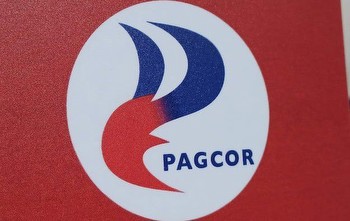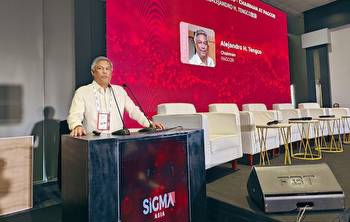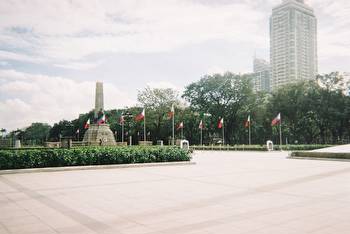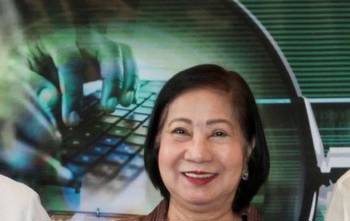Pagcor gets separate teams to monitor IRs, Internet gaming
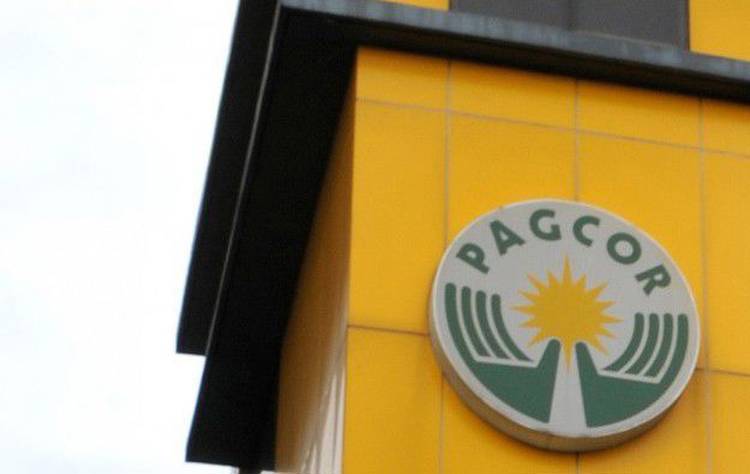
The Philippine Amusement and Gaming Corp (Pagcor), that country’s casino regulator, has told GGRAsia it now has two separate teams of officials in order to oversee respectively the land-based casino licensees and operators of online-based games. The move is part of recent organisational changes, the body stated.
Pagcor had already mentioned in June it had created a “Compliance Monitoring and Enforcement Department – Integrated Resorts”, known for short as “CMED-IR”. This was responsible for “all licensed casinos in Entertainment City, the Clark group of casinos and Thunderbird casinos,” the regulator said at the time.
It was referring respectively to large scale casino resorts in the Entertainment City zone in Metro Manila; the casino complexes at Clark, a former air force base on the main island Luzon; and a chain of properties across the Philippines, under the branding Thunderbird Resorts and Casinos.
In its latest emailed update, the Philippine gaming regulator told GGRAsia that the compliance work – ensuring Pagcor’s gaming licensees “adhere to its set rules and regulations” – had now been divided into two branches, the second covering online.
“CMED was divided into two – CMED-Integrated Resorts (IR) and CMED-Internet Gaming (IG),” Pagcor wrote in its email.
“CMED-IR is focused on licensed casino operators’ compliance to set regulations, while CMED-IG covers all other Pagcor-licensed gaming operations including E-Sabong,” Pagcor stated.
E-Sabong refers to “online/remote or off-site wagering/betting on live cockfighting matches, events, and/or activities streamed or broadcast live” from a government-authorised cockpit arena, according to Pagcor’s regulatory definition.
As part of its efforts regarding oversight of the gaming sector as a whole, Pagcor also issued last month updated casino regulatory manual (CRM) forms for adoption by licensed casino operators. This was to “substantiate the regulatory and monitoring accountabilities of both regulator and its licensees,” Pagcor noted to GGRAsia.








